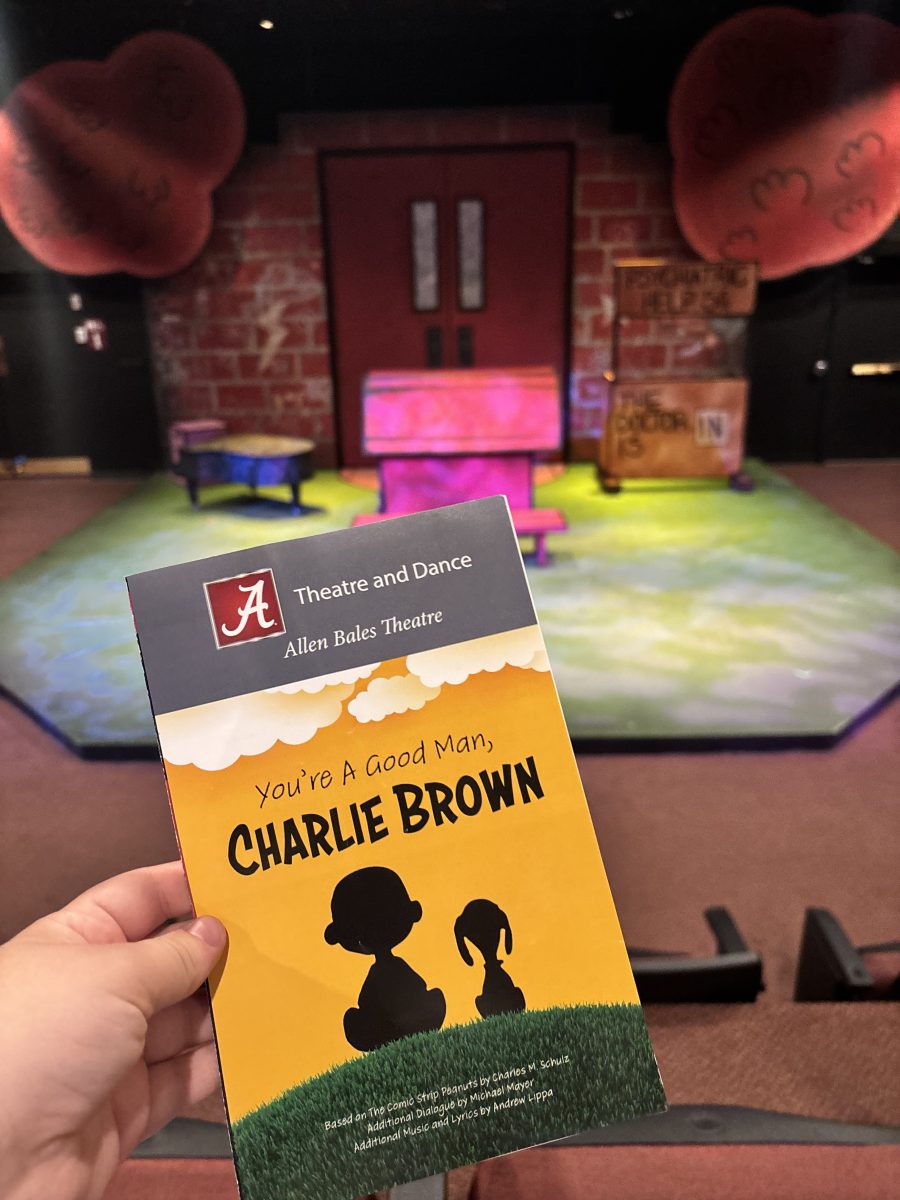It’s a given that every year when a superhero movie gets released, it ends up in the top 10 at the yearly box office. Longtime fans of the heroes flock to theaters to see their beloved characters on screen. Since Christopher Nolan’s Dark Knight trilogy turned the superhero world on its head, demands for quality over quantity have increased. High profile actors and actresses have taken their talents on screen as comic book icons, from Christian Bale to Robert Downey, Jr. and Anne Hathaway to Scarlett Johansson. However, with so much star power and a calendar packed to the seams – Marvel alone has seven movies due for release by the end of 2015, and the Man of Steel sequel is due out the same weekend as a third “Captain America” in 2016 – something is bound to fall flat.
As the 2011 Green Lantern film shows, not every superhero movie is a slam dunk. Despite its high-profile cast and flashy 3-D effects, the Ryan Reynolds-starring film only managed to gross $20 million above its budget and was a critical and commercial failure. Conversely, seven superhero films rank among the top 50 box office successes of all time, with recent hits “The Avengers,” “The Dark Knight Rises” and “Iron Man 3” coming in the top 10. This does prove that superhero movies can be box-office juggernauts, but there is one difference: quality. Where “Green Lantern” was a disappointment with an uneven script, lackluster effects and a cast that never really meshed together, “The Avengers,” for example, was a booming success. Joss Whedon gave audiences a script full of action and a good dose of humor alongside great effects and a massively talented, charismatic cast. Christopher Nolan’s Batman trilogy went in a completely different direction than previous Batman adaptations, bringing darkness, humanity and intensity to his three installments.
Even though any superhero movie could be a masterpiece, for every “The Dark Knight Rises” there is a “Batman & Robin.” For every “Man of Steel,” there is a “Superman Returns.” But something has to give when it comes to the superhero slate in the next few years. Not every movie can be as big of a success as “The Avengers.” It’s likely, however, that new 2014 arrivals “Captain America: The Winter Soldier” and the newest Marvel franchise, “Guardians of the Galaxy,” will be hits because they’re new. “Captain America” has the success of the first film and “The Avengers” to use as a catapult, while “Guardians” has a new premise, an up-and-coming star in the lead (Chris Pratt, of “Parks and Recreation”) and a promising first trailer. That being said, it may be June’s “The Amazing Spider-Man 2” that is the first one to flop. Nothing seems new about the film, just more of the same.
The new “X-Men: Days of Future Past” will more than likely be a success, with its cross-over storyline bringing in fans of the previous X-Men films as well as fans of the prequel “X-Men: First Class.” In May 2015, “The Avengers: Age of Ultron” may overtake its predecessor and could very well take the top box-office spot of all time, if it’s even better than the first. What could that mean for Marvel’s “Fantastic Four” reboot due that June, or its Paul Rudd-led “Ant-Man” adaptation in July? With “Age of Ultron” likely to take a hold on the box-office for several weeks, plus other high-profile releases in the ensuing weeks, including “Jurassic World,” “Ted 2,” and “Terminator: Genesis,” it’s possible one of those may be a massive failure.
The bottom line is that not every superhero movie can be a success, no matter how good or bad it is. While the new superheroes can hopefully be successful enough to build their star power in Hollywood and make their fair share of an impact in the box office, not every movie can be “The Avengers” or “The Dark Knight.” Something has to give, and audiences will have to see what will be the first to go.








